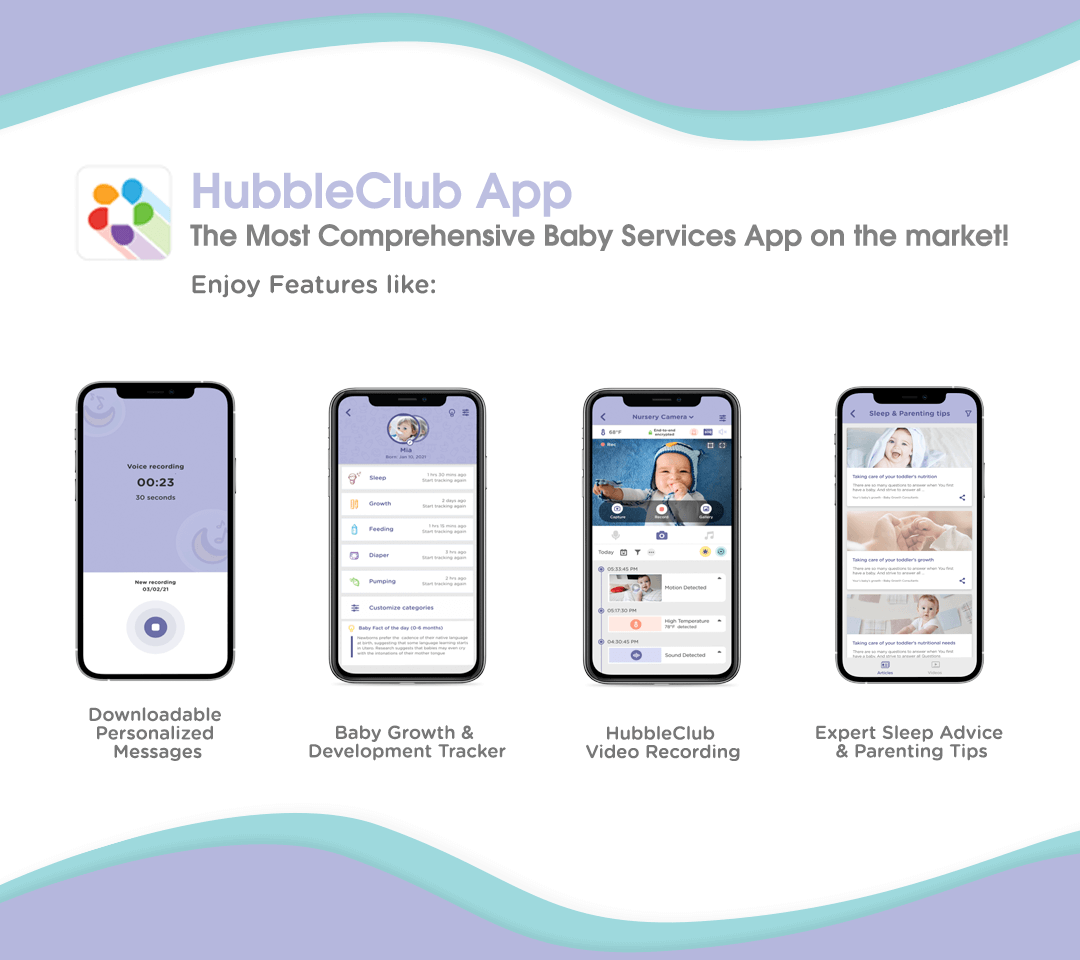Your Cart is Empty
June 21, 2021 3 min read

Ovulation is no longer a mystery, and you can easily track your menstrual cycle to know the right time to get pregnant.
What is ovulation?
Ovulation is the phase of the menstrual cycle when your ovaries release the egg. The ovulation phase is the right time when you can get pregnant as the released egg passes down via fallopian tubes to the uterus, where it can be fertilized by the sperm.
Usually, ovulation happens around day 14 in a 28-day menstrual cycle. However, the exact day can vary as not every woman has a 28-day cycle.
You should keep track of your menstrual cycle to see if you can detect a pattern. These patterns could be related to gynecological problems.
Why should you track your menstrual cycle?
Tracking your menstrual cycle is more than just learning about your period. If you are trying to conceive, knowing the length of your cycle will help you determine when your chances of getting pregnant are maximum.
Change in your menstrual cycle is the first sign of a gynecological disorder, so it’s prudent to track your cycle and stay ahead of such health conditions.
A missed or delayed cycle is not necessarily an alarm because multiple factors like stress, significant weight gain/loss, or extreme exercise could also lead to menstrual changes.
How to track your menstrual cycle?
The simplest and best way to track your cycle is to mark day 1 of your period on a calendar, and you can easily add 14 days to determine the next time you will be ovulating. Thanks to the digital revolution, you have period-tracking apps to help you track your cycle.
Additionally, you can track your cycle using the following methods:
Checking your basal body temperature (BBT)
BBT is your morning body temperature when you wake up. During ovulation, your BBT rises slightly, usually less than a degree, and stays like that until your period begins.
All you need is a BBT thermometer as it is more sensitive and records temperature to a fraction of degrees. You should monitor your BBT while still in the bed and even before using the bathroom. By regular monitoring, you can easily spot your ovulating days.
Checking your vaginal discharge
Before ovulation starts, your cervix starts preparation for the release of the egg. The amount, texture, and color of the secretions change before and during ovulation. During ovulation, the vaginal discharge gets thicker and becomes slippery, resembling the egg white. If you spread your fingers, it can easily stretch across them.
Use your fingers to check for vaginal discharge a few times daily and note down the texture to track your ovulating days.
Ovulation prediction kits (OPKs)
OPKs monitor the level of the luteinizing hormone (LH) in your urine. A darker line is an indication that ovulation can happen in a couple of days. These are available as an over-the-counter (OTC) product at online pharmacies and drugstores.
Fertility monitors
These monitors are also available as OTC products but are costlier than OPKs. They monitor levels of estrogen and LH to identify the 6-day fertility window.
To conclude, keeping track of your ovulation is valuable in more than one way. You should track your cycle by at least marking the first day of your period. You can download various tracking apps on your smartphone to track your cycle as they are more user-friendly.
You should discuss with your Obs/gyne to get the right advice on best practices, depending on your health conditions and lifestyle. We recommend you tofollow our blog for more articles on women’s health, pregnancy, and wellbeing.

June 21, 2021 3 min read

June 21, 2021 3 min read
and get $10 OFF your next Hubble Connected purchase.
.png?v=1627679689)

.png?v=1627679796)
.png?v=1627679828)



